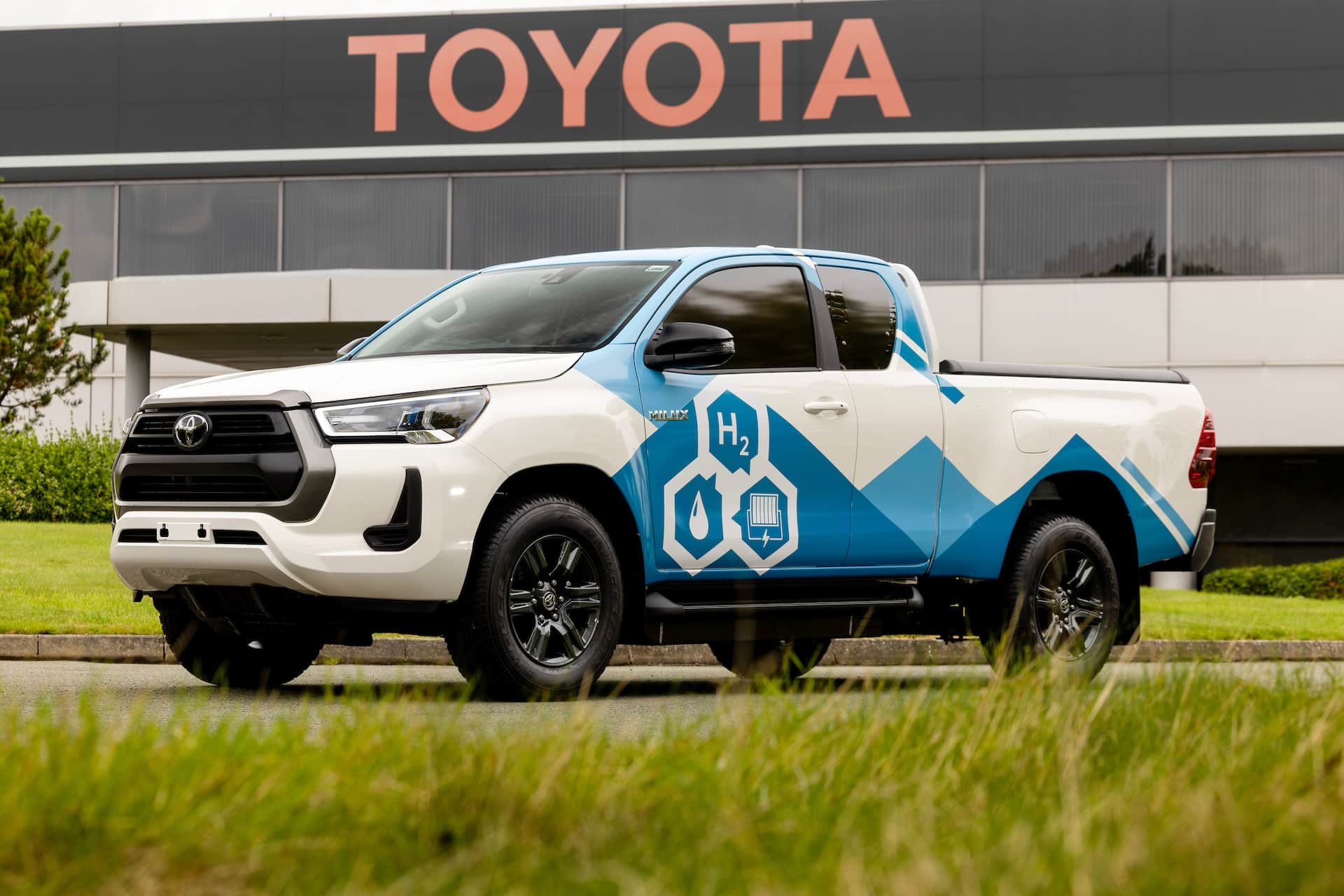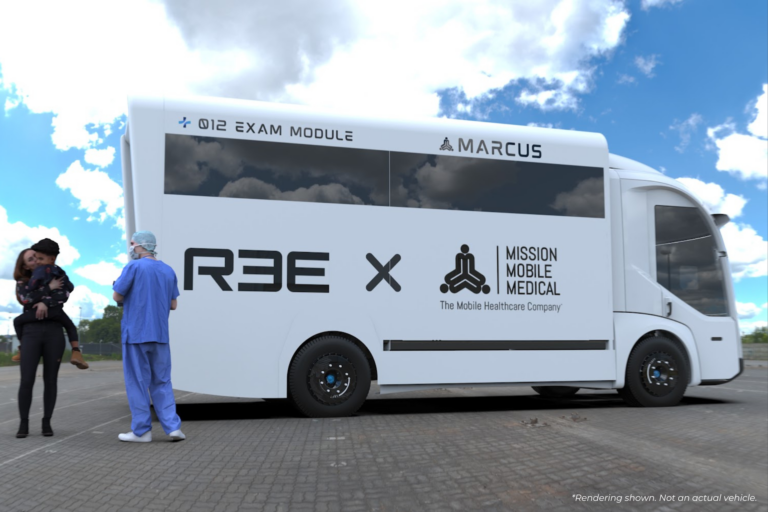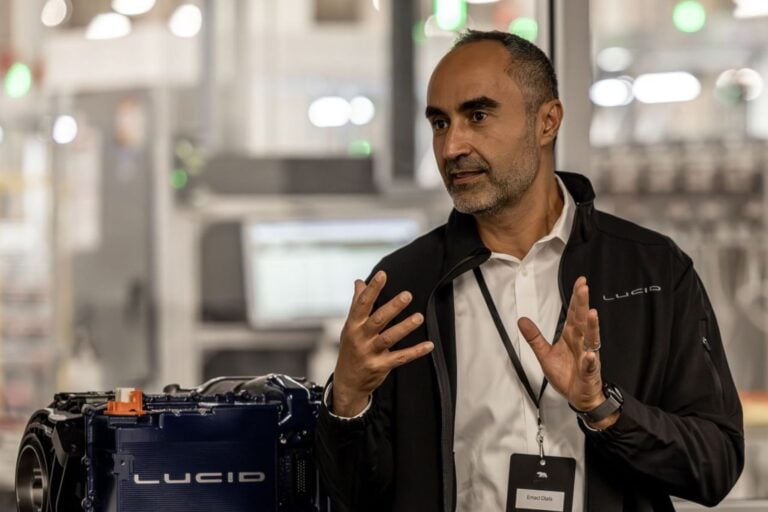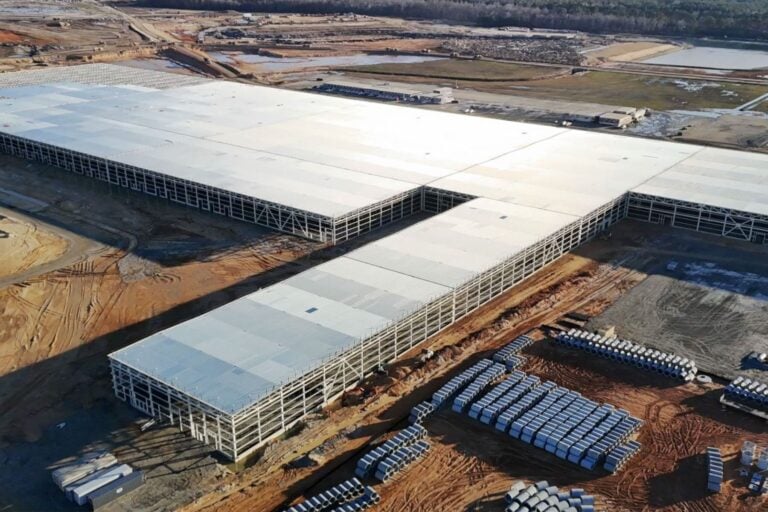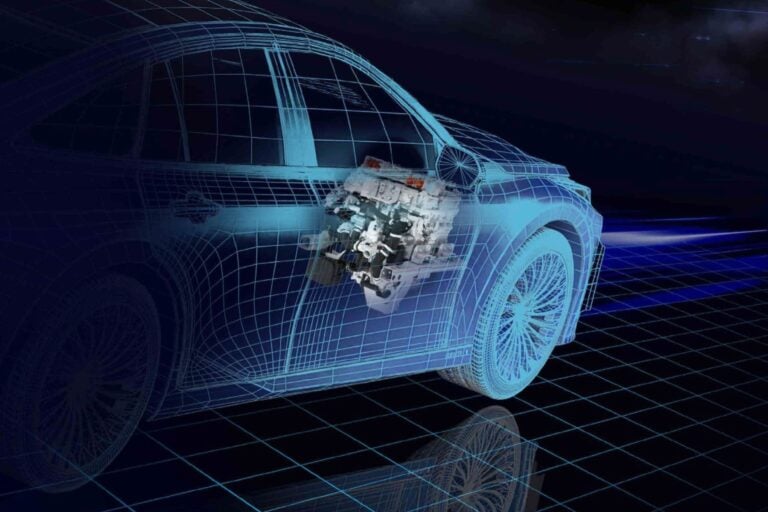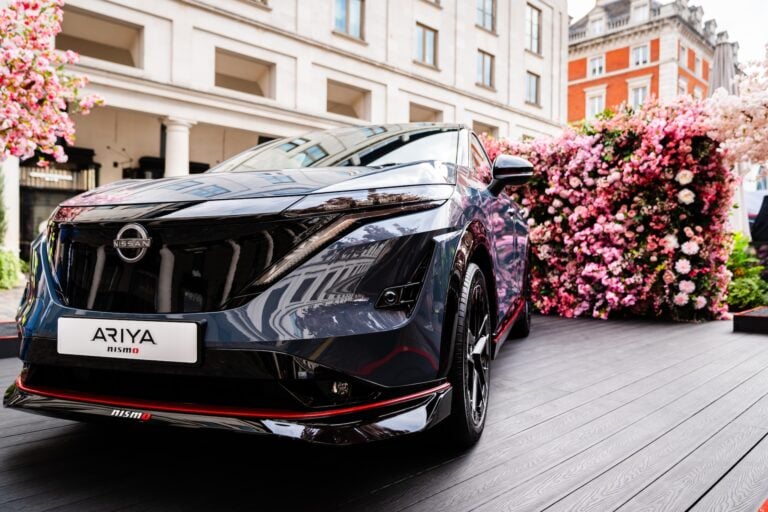Toyota has unveiled a hydrogen fuel cell electric prototype of its iconic Hilux pickup truck. The prototype was launched at Toyota Manufacturing UK’s vehicle plant in Derby, England, as part of a collaborative effort funded by the UK Government. This development aligns with Toyota’s comprehensive European strategy to hasten the advancement of hydrogen fuel cell solutions, aiming to achieve carbon neutrality across the region.
Why It Matters
The introduction of a hydrogen fuel cell electric Hilux prototype marks a significant step in Toyota’s multi-path strategy for a zero-carbon future. The strategy includes a range of powertrain options—hybrid electric, plug-in hybrid electric, battery electric, and now fuel cell electric—to cater to diverse consumer needs and global operating conditions. As an established name in pickup trucks, the Hilux’s shift toward zero-emission powertrains could potentially influence the broader automotive market.
Key Points
- The prototype employs core technology from the Toyota Mirai hydrogen fuel cell sedan, which has almost a decade of proven commercial viability.
- The hydrogen fuel cells produce zero tailpipe emissions, emitting only pure water.
- Three high-pressure fuel tanks store the hydrogen, providing an expected range of over 600 km—surpassing the capabilities of most battery-electric vehicles.
- A hybrid battery situated in the rear load deck stores electricity generated by the fuel cell, without compromising cabin space.
Bottom Line
The hydrogen fuel cell electric Hilux prototype is the culmination of a focused design and development program that began in early 2022. Supported by a consortium of key partners and UK Government funding through the Advanced Propulsion Centre, the project serves as an experimental ground for Toyota and its partners to hone skills in fuel cell electrification and hydrogen systems. Rigorous testing is scheduled for these prototypes, aiming to ensure they meet the high standards required for a production model. Decisions regarding potential mass production are expected in the latter half of this decade.
About the Consortium Members
Toyota Motor Manufacturing UK (TMUK) leads the project and has been a pioneer in hybrid electric vehicle manufacturing outside Japan since 1992. Ricardo, a global engineering and environmental consultancy, has played a crucial role in integrating the fuel cell components. ETL (European Thermodynamics) specializes in thermal solutions and has contributed to the project through its expertise in design and innovation. D2H Advanced Technologies has provided valuable engineering services, while Thatcham Research has supported sustainable repair consultancy and hydrogen training for the repair market.

